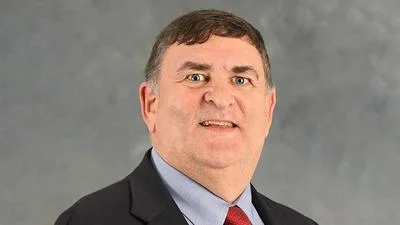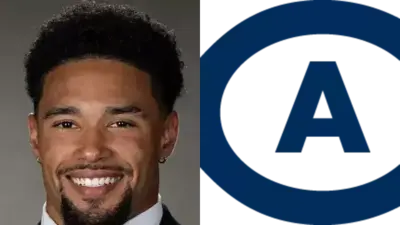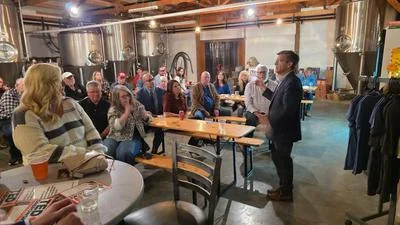State Representative Paul Jacobs (IL) | Representative Paul Jacobs (R) 118th District
State Representative Paul Jacobs (IL) | Representative Paul Jacobs (R) 118th District
In the closing moments of the 2024 Veto Session of the Illinois House of Representatives, a motion by House Republican Floor Leader Patrick Windhorst to adjourn "sine die" was defeated by House Democrats. This decision sets the stage for a reconvening of the 103rd General Assembly in early January during what is known as a "lame duck session."
A lame duck session occurs when members of an outgoing General Assembly meet after elections but before new members are sworn in. It allows for unfinished legislative business from previous sessions to be addressed or urgent issues to be tackled.
The term "lame duck" highlights concerns about such sessions. Legislators who will not return for another term continue to legislate until their successors are inaugurated, potentially without accountability to their constituents. During this time, bills can pass with a simple majority instead of a supermajority, facilitating significant legislative changes with reduced consensus.
In recent years, the majority party has used this opportunity to advance controversial legislation with less deliberation. State Democrats have been known to introduce extensive and contentious bills during these sessions due to the lower vote threshold and limited debate time.
House Republicans have consistently advocated for reforms to limit these sessions' use or eliminate them altogether. Former Illinois House Minority Leader Jim Durkin proposed an amendment to change inauguration dates and end lame duck sessions, which was blocked by supermajority Democrats.
The upcoming lame duck session from January 4th to 7th may see numerous bills introduced, particularly addressing fiscal challenges like Illinois' estimated $3 billion budget deficit. Potential tax increases or fund reallocations could be on the agenda as solutions.
Additionally, discussions may cover Illinois' ongoing pension crisis involving over $140 billion in unfunded debt. While there is bipartisan agreement on the need for reform, approaches differ significantly between parties.
Democrats have also expressed intentions to enact laws counteracting anticipated policies from President-elect Trump following his election victory. These measures could include environmental regulations and social programs that align with progressive ideals but may impose financial burdens on working residents.






 Alerts Sign-up
Alerts Sign-up